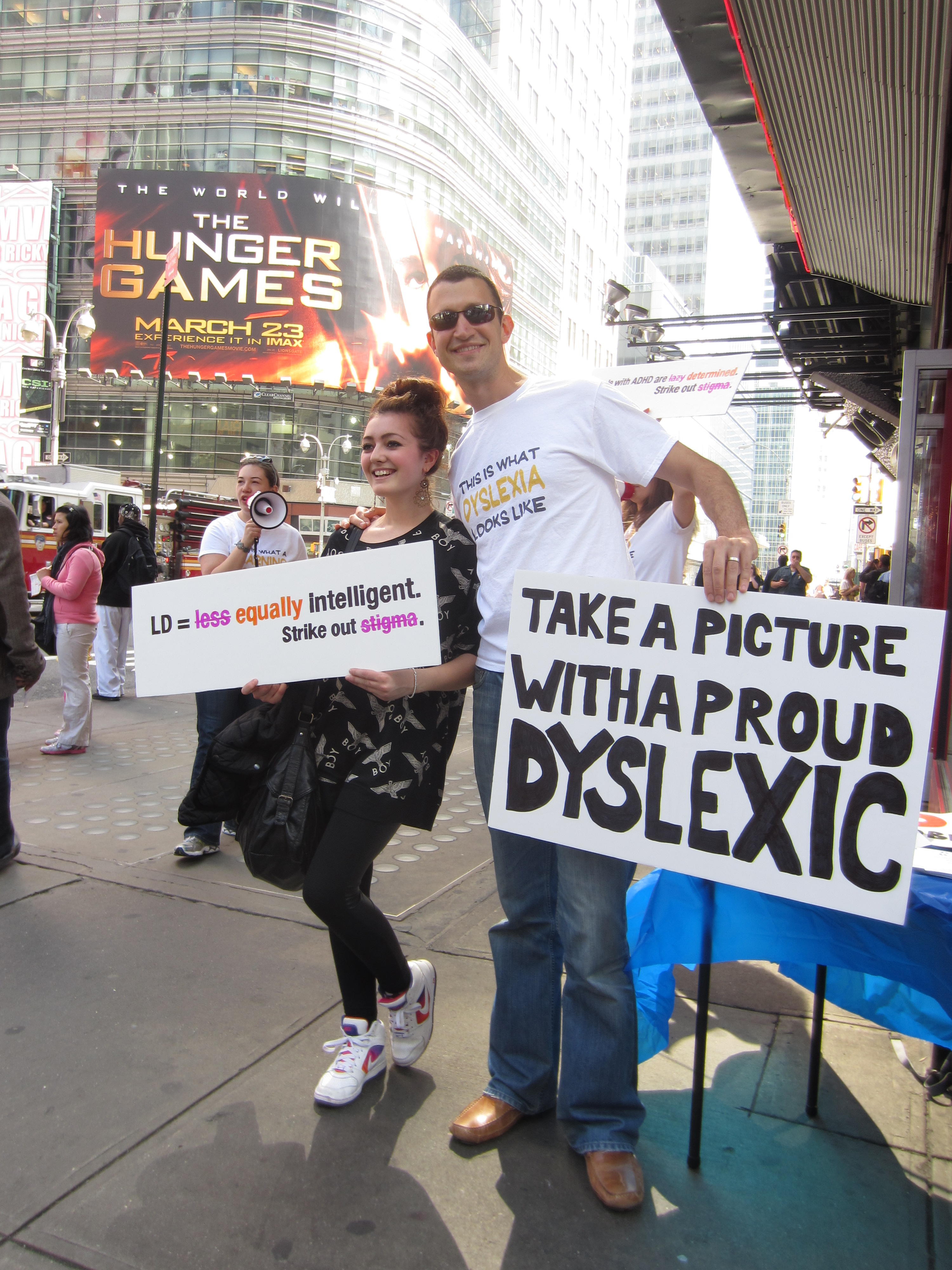Learning disability is a classification that includes several areas of functioning in which a person has difficulty learning in a typical manner, usually caused by an unknown factor or factors. Given the "difficulty learning in a typical manner", this does not exclude the ability to learn in a different manner. Therefore, some people can be more accurately described as having a "Learning Difference", thus avoiding any misconception of being disabled with a lack of ability to learn and possible negative stereotyping. A longer definition comes from Wikipedia.
- Video: Learning Disability
- What Are Learning Disabilities?
- Learning Disabilities, What Are the Different Types?
- What Is Executive Function?
- What Is Dyslexia?
- What Is Dyspraxia?
- What Is Dyscalculia?
- What Is Nonverbal Learning Disability?
- Strengths of Students with Learning Disabilities and Other Disorders
- Famous People With Learning Disabilities
- Headline Blog: Learning Disability
- Types of Mathematics Learning Disorders
- Neuroplasticity
- App Might Help With Aphasia
- I Failed the Driving Competency Test
- Big Ballet
- Different View from Yesterday
- Spelling Test
- 26 Months
- [#Thingsilove] Music Glove Trials, Week 1(ish): The Learning Curve
- Learning to Live Again
- Not Accepting Everything
- Brain Health Clearing House
- Am I There Yet?!?
- Learning to Ski is like Learning to Dance
- How to Change Your Own Mind, Literally
- A Bisl: Speech Therapy for Aphasia
- Reflections
- If You're over 60, Drink Up: Alcohol Associated With Better Memory
Saturday News | Future Topic
--------------+---------------------------------------------
--------------+---------------------------------------------
Mar/12/2016 | Speech Repetition
Mar/05/2016 | Accessible Housing
Feb/27/2016 | Webcomics
Feb/23/2016 | Spasticity
Mar/05/2016 | Accessible Housing
Feb/27/2016 | Webcomics
Feb/23/2016 | Spasticity
























